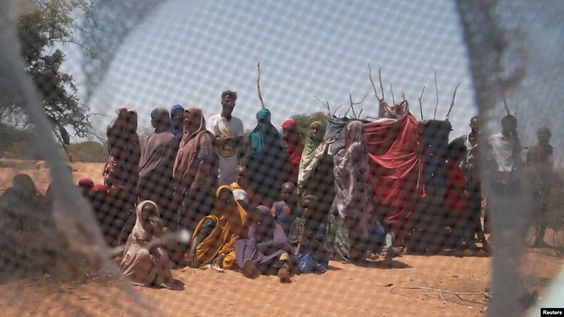Africa
Aid Organization Warns of Imminent Cholera Epidemic in Kenyan Refugee Camp

In Kenya’s Dadaab refugee camp, health care providers report that an ongoing cholera outbreak is escalating into an impending disaster. In light of the influx of Somalian refugees, Doctors Without Borders has deemed the six-month cholera outbreak to be the worst ever.
Medecins Sans Frontieres, also known as Doctors Without Borders, stated at a news conference on Tuesday that a cholera outbreak in the Dadaab camp is nearing epidemic proportions and that water and sanitation issues require immediate attention. The medical coordinator is Dr. Nitya Udayraj.
“Humanitarian conditions in that region have reached their limit. MSF’s medical coordinator, Dr. Nitya Udayraj, described an outbreak of cholera or measles as “the final blow that will bring it to its breaking point.” “Therefore, we would like to emphasize today that the humanitarian situation is already dire…. After six months, we would like to bring to your attention that the outbreak is still active. It is not the norm.”
In November of 2013, the largest refugee camp in East Africa was struck by a cholera outbreak. Since then, there have been at least five deaths. The Dadaab complex in northeastern Kenya is home to more than 300,000 refugees, the majority of whom are from Somalia.
Due to the prolonged drought in Somalia, their population has outgrown its capacity. According to national data, at least 67,000 more refugees arrived in the camp in the past year, placing a strain on resources that were already scarce. The country director for Doctors Without Borders, Hassan Maiyaki, stated that sanitary conditions are abysmal.
“According to humanitarian organizations working in the camps, nearly half of the camp population does not have access to functional latrines, resulting in open defecation in and around the camps, which increases the risk of disease outbreaks.”
The Kenyan Ministry of Health administered cholera vaccinations in the camp, but the physicians say that containing the outbreak will be difficult without sanitation and sanitary interventions.
